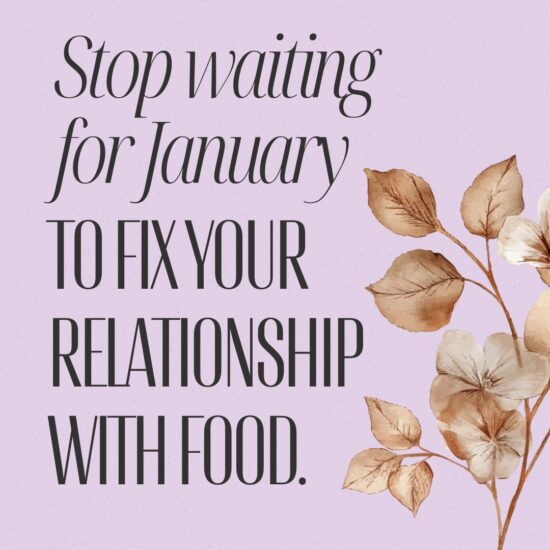Are you struggling with food addiction recovery? You’re not alone. Many people find themselves trapped in a cycle of destructive eating patterns. The good news is that true freedom is possible.
In this article, I’ll share my personal journey with food addiction recovery. I’ll explain why abstinence, rather than moderation, transformed my relationship with food. Most importantly, I’ll show you how a structured approach can enhance embodiment rather than diminish it.
The Problem with Moderation in Food Addiction Recovery
First, let’s address a painful truth. The traditional approach to food addiction recovery isn’t working for many people. The statistics tell the story:
- Eating disorders and food addiction have recidivism rates around 50%
- Physical health markers often remain poor even after treatment
- Psychological complications frequently persist
- Suicide attempt rates remain alarmingly high
Despite these troubling outcomes, most treatment providers continue to push moderation. This approach works well for some people. However, it fails many others who struggle with the addictive nature of certain foods.
For years, I followed this mainstream advice. As a result, I remained trapped in what I call “Eating Disorder Hell.” My breakthrough only came when I connected with others in food addiction recovery who offered a different path.
Why Abstinence Works for Food Addiction Recovery
The conventional wisdom suggests that everyone should practice moderation with food. Yet, this advice ignores a fundamental truth about addiction.
Consider this common saying among alcoholics: “One is too many, and a thousand is never enough.” This principle applies equally to food addiction.
For genuine food addiction recovery, abstinence from trigger foods proves more effective than moderation. This approach mirrors successful recovery models for other addictions.
Unfortunately, this perspective remains unpopular. Most nutritionists advocate moderation because it works for the general population. Nevertheless, food addicts may need to follow the example set by recovering alcoholics and drug addicts who maintain sobriety through abstinence.
How a Structured Food Plan Enhances Embodiment
Many people assume that following a strict food plan diminishes embodiment. However, my experience has been precisely the opposite.
True Embodiment Goes Beyond Sensory Pleasure
Embodiment isn’t just about savoring food. Sometimes, it means removing things that prevent presence in our bodies. True embodiment involves:
- Being present in the moment
- Connecting authentically with others
- Engaging fully with meaningful activities
- Making choices aligned with our deepest values
For those in food addiction recovery, a structured food plan can actually enhance these aspects of embodiment.
My Personal Journey to Embodied Recovery
As someone with multiple addiction histories (alcoholism, bulimia, and more), I’ve found freedom through what some might consider a strict lifestyle. Some might call my approach boring or limiting. However, I’ve discovered that these boundaries create space for genuine presence.
Through my doctoral studies on embodiment, I’ve explored how somatic tools can help those suffering from addictions and eating disorders. This academic perspective has only strengthened my conviction that abstinence can be a powerful path to freedom.
When I read literature promoting intuitive eating for recovery, I notice resistance within me. I wonder: “Am I not embodied enough because I follow a food plan?” Then I remember the truth: my food plan doesn’t diminish my embodiment—it dramatically enhances it.
The Freedom of Structure in Food Addiction Recovery
Before establishing a clear food plan, I lived in constant dissociation. Now, I experience longer periods of presence. I connect more deeply with people and situations that matter. This transformation represents one of the greatest gifts my “strict” food plan has given me.
This approach allows me to:
- Spend less mental energy obsessing about food
- Reduce episodes of dissociation
- Be more present with loved ones
- Engage more fully in meaningful work
- Live with greater peace and purpose
For true food addiction recovery, sometimes the path less traveled proves most effective. Standing up for your unique needs, even when it contradicts popular opinion, demonstrates profound self-awareness.
Finding Your Path to Food Addiction Recovery
Honoring yourself might mean choosing an unconventional approach. This self-respect forms the foundation for stacking the odds in your favor to live a good life.
True embodiment means being in tune with your authentic needs. It means loving yourself enough to choose what works for you, not what works for others. Most importantly, it means adjusting to your specific requirements rather than forcing yourself into a one-size-fits-all approach.
If you’re struggling with food addiction, consider these questions:
- Has moderation worked for you long-term?
- Do you find yourself cycling through periods of control and chaos?
- Might a more structured approach provide the freedom you seek?
Next Steps in Your Food Addiction Recovery Journey
Recovery is a deeply personal journey. What works for one person may not work for another. However, if you resonate with the abstinence approach for overcoming eating struggles, know that you’re not alone.
Conscious Bites Self-Paced Online Course is a self-paced, 6-module experiential program for women in recovery who are still binging and are ready to break the shame spiral, rebuild trust with food, and feel truly free. I understand that abstinence can be a powerful tool for many people struggling with addictive eating patterns.
Want to learn more about embodiment and recovery? This Free Recovery Resources page offers tools to support your journey.
Ready to explore whether abstinence might be your path to freedom? Get the Conscious Bites Self-Paced Online Course or subscribe to my Recovery Newsletter for regular guidance and support.
Have questions about abstinence-based food addiction recovery? I’m here to help! Send me a message or check out the Beyond Binge Eating Podcast for more insights and strategies.
Curious about mindful approaches that complement abstinence? This Eat-With-Awareness Bundle provides free tools to help you develop sustainable practices.




